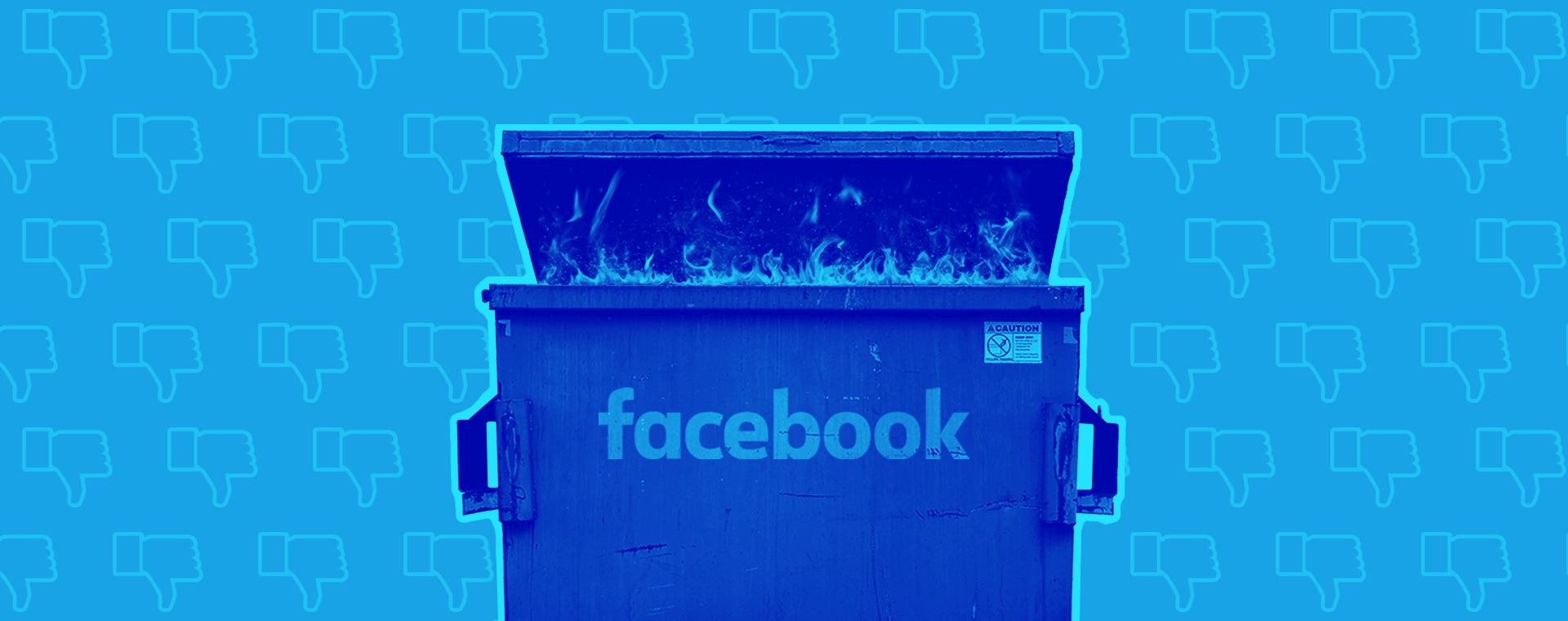Surviving the post-clickbait era
By: Trish Gray
August 23, 2016 | Reading Time: 2 mins
Facebook has tweaked its News Feed algorithm countless times in an attempt to deliver a better user experience. Sometimes we pay attention, but most of the time we skim an article and wait for the next algorithm change to be announced. But when Facebook announced a full-on war against clickbait, you won’t believe what happened next (see what we did there).
Marketers freaked out. But because we’re believers that an internet without clickbait is a better worldwide web, we’re breaking down three best practices you can follow to make sure your content survives the post-clickbait era.
Write useful content already
For those who can remember when Google rolled out its Panda update (and marketers collectively lost their sh*t), Facebook’s war on clickbait seems oddly familiar. Similar to Facebook’s update, Google Panda was a search filter meant to stop sites with poor quality content (i.e. spam) from working their way into Google’s search results. How did marketers avoid being penalized by Panda? They wrote useful content.
Our advice here is simple: to not be impacted by Facebook’s war on clickbait, write useful, compelling, unique content. Bonus points if it’s highly relevant to your target market and shareworthy among your Facebook fans.
Be transparent
In their announcement, Facebook made it clear: headlines that withhold information or mislead users (think headlines like: “Apples Are Actually Bad for You”), will not be distributed as often as transparent headlines. Our mantra here: think long term.
Writing honest and transparent headlines will not only positively impact your News Feed distribution in the short term, but will also deliver a better user experience that could result in more traffic and higher engagement down the road.
And please, avoid these phrases
Listen, we get it. Sometimes you just can’t help writing a “viral” piece that may skew on the side of clickbait. At the bare minimum, do not use common clickbait language, and if you do, don’t say we didn’t warn you. Here are some common headline styles to avoid:
- You won’t believe ___
- This ___ will change your life
- ___ with this one weird trick
- ___ you won’t believe what happens next (and of course, what happens next will surprise you)
- 17 secrets ___ doesn’t want you to know
Now what?
Go forth and prosper. Guilty as charged, we’ve all clicked a headline that we’re not proud of. But clickbait sucks. Join Facebook in making the world wide web a better place and putting an end to clickbait.







